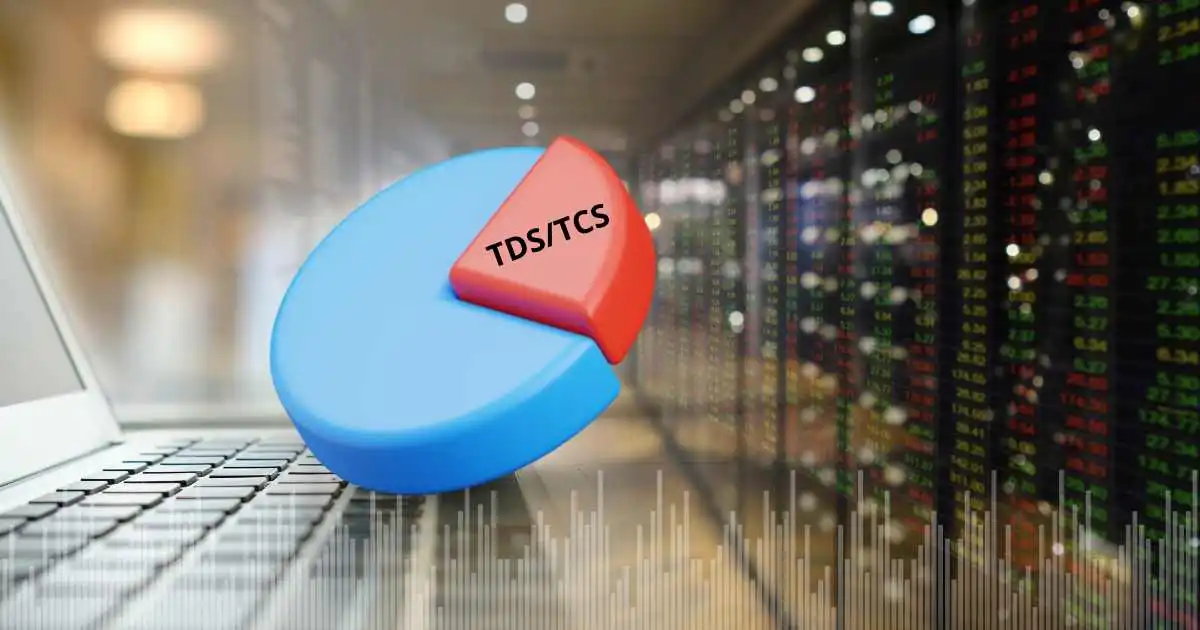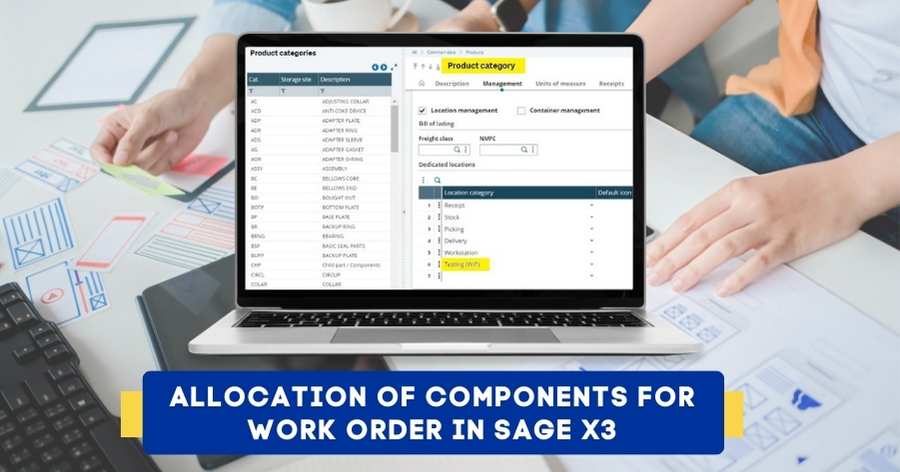In a key policy reform to simplify tax compliance for businesses, Finance Minister Nirmala Sitharaman has rationalised the TDS/TCS structure in the recently proposed Union Budget FY 25-26, tabled on 1 Feb 2025, in line with the government’s push towards “ease of doing business” in India.
Multiple threshold limits and rates for TDS/TCS not only complicate tax filing procedures for deductors and professional auditors but also tie up capital for deductees and collectees. The primary objective behind modifying TDS/TCS rates and threshold limits is to help businesses easily manage the large volume of transactions and enhance compliance.
Let us examine the specific changes proposed in the budget to the TDS/TCS tax structure, which will become effective on 1 April 2025.
TDS Revisions
-
No TDS Deduction Up To 12 Lakh Salary
Employers can no longer deduct TDS for an employee with an annual salary of Rs. 12 lakh, which will increase the in-hand salary of employees, boosting savings and consumption.
-
Commission Or Brokerage
The TDS threshold limit for insurance commission has been increased to Rs. 20,000 from the existing Rs. 15,000, under section 194D of the Income Tax Act. Similarly, under section 194H, the threshold limit for businesses paying commission or brokerage has been revised from Rs. 15,000 to Rs. 20,000, the TDS rate for which has been reduced from 5% to 2%.
-
Rental Payments
As per section 194 I, the current annual limit of Rs. 2.4 lakh for TDS on rent has been revised to Rs. 6 lakh or Rs. 50,000 a month, which will enable businesses to pay full rent to small taxpayers or individuals, without deducting TDS.
-
Professional Or Technical Services
According to the provisions of section 194 J, the TDS threshold limit for professional or technical services has been raised from Rs. 30,000 to Rs. 50,000, i.e. businesses can only deduct TDS if the professional service payment exceeds Rs. 50,000 in a financial year. Likewise, the TDS threshold limit for income by way of enhanced compensation has been doubled to Rs. 5 lakh from the present limit of Rs. 2 lakh, as per section 194LA.
TCS Revisions
-
No TCS To Be Collected
In a major relief to suppliers and sellers, TCS (Tax Collected at Source) will not apply to the sale of goods as section 206 C (1H) has been omitted. This provision will eliminate incidences wherein both TDS and TCS were being applied on sale of goods, leading to double taxation.
-
Forest Produce
Timber or any other forest produce( not being tendu leaves) obtained under a forest lease will be subjected to a TCS of 2%. Similarly, timber obtained by any mode other than under a forest lease will also attract 2% TCS. Moreover, due to the confusion in the definition of “forest produce”, it has been proposed that “forest produce” shall have the same meaning as defined in the State Act for the time being in force, or the Indian Forest Act 1927.
Removal Of Higher TDS/TCS Rates For Non-Filers Of Income Tax
Businesses found it difficult to determine whether the other party had filed ITR, leading to blocked capital and potential errors in TDS deduction and TCS collection. Therefore, the government has removed the requirement for deductors and collectors to apply a higher TDS and TCS rate for non-filers of income tax return, under Section 206 AB and Section 206 CCA of the Income Tax Act, 1961. This will significantly reduce the compliance burden on small businesses and individuals alike. On the other hand, the rate of TDS and TCS will remain higher only if the party does not have a PAN number.
Wrapping Up
The Finance Minister has done a fairly good job in simplifying tax compliance for businesses and individuals by increasing TDS threshold limits and reducing the number of rates and thresholds above which TDS is applicable. This will decrease the number of transactions liable for TDS deduction. The omission of TCS on the sale of goods is another landmark reform likely to improve cash flow for businesses, helping them avoid upfront tax payments and wait for refunds or adjustments.






